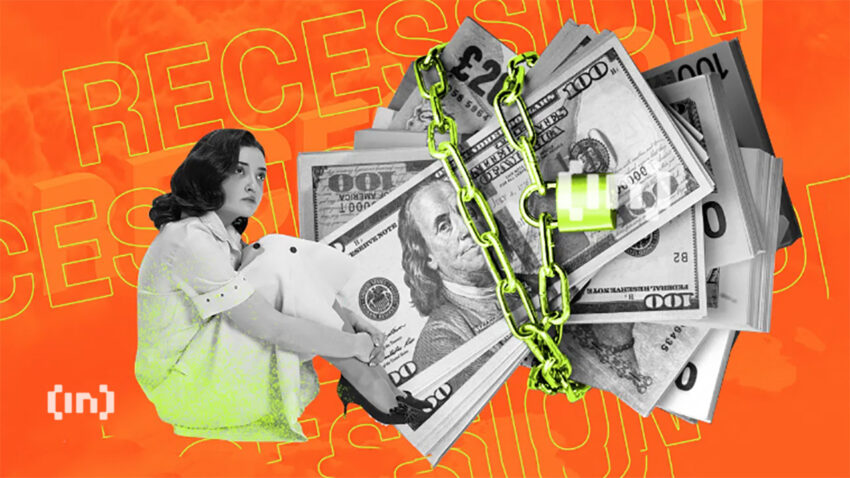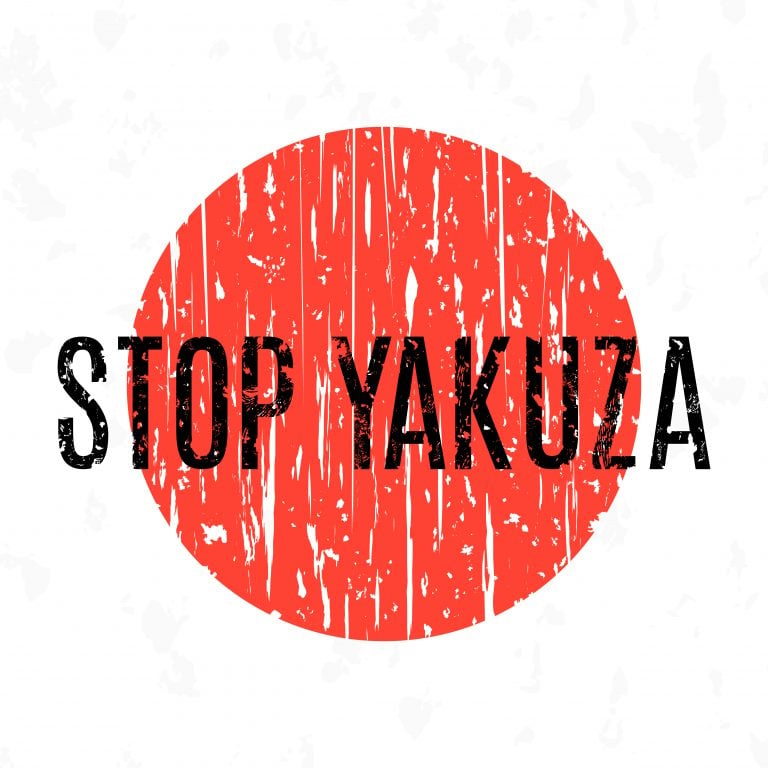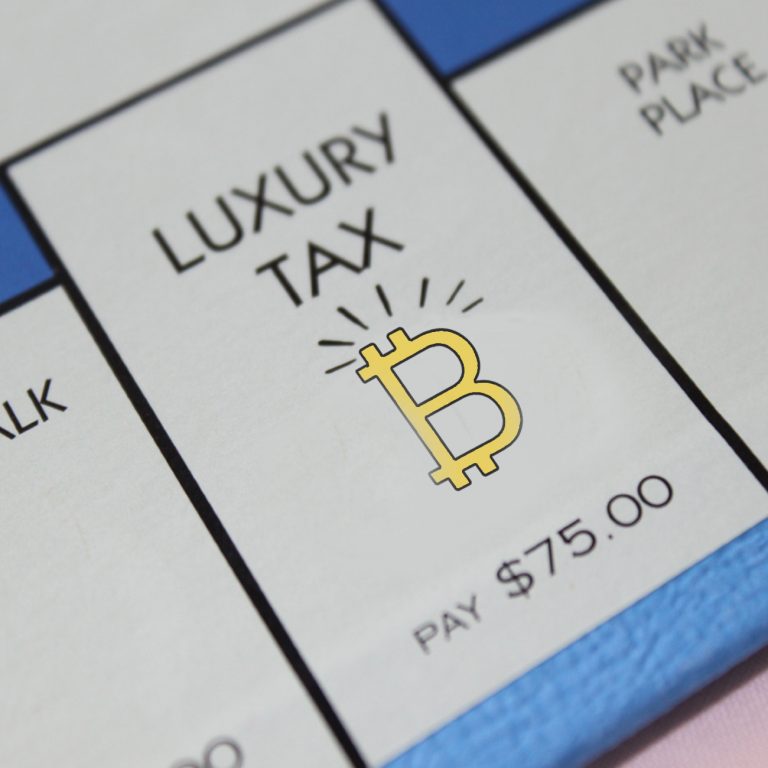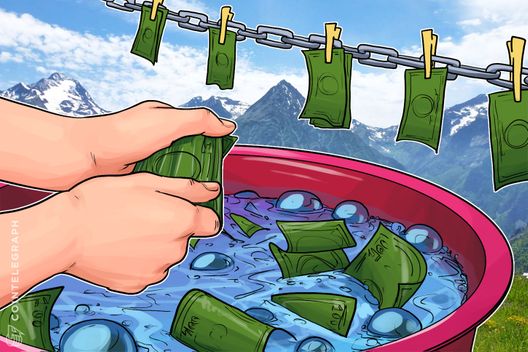
2023-4-10 21:08 |
The 21st century has been rife with financial distress and worries that our money isn’t safe. The Great Financial Crisis of 2008, and the COVID-19 pandemic, have left Americans feeling nervous and unsure about the future. Increasingly, Americans have also felt the rising costs in most goods and services over the last year.
When people feel uncertain, their first move is to search Google for advice. Last month, the question “Is my money safe?” reached its highest levels since 2020, and before that, 2008.
Clearly, panic set in over the past few months as bank runs made headlines. A reported 77% of Americans felt anxious about their financial situations at the beginning of 2023. And nearly 80% of young adults in the U.S. use social media to learn about finances. The financial world is in limbo, and people are looking to the internet for advice on how to keep their money safe.
Is this just another headline-driven frenzy, or is there more to it? Here we look at financial panic in the new millennium and the myriad factors that brought us to this point. And we consider the role of Bitcoin in potentially alleviating fears.
The Beginning of the EndMany people, including author Michael Lewis, have identified the 1980s as a turning point for Wall Street. It was then that traders began to be more aggressive and more driven by greed. And it was this mood that led traders to begin engaging in riskier bets.
Michael Lewis’s 2010 book The Big Short tells the story of how a seemingly riskless business strategy threw the U.S. economy off a cliff. In essence, major financial institutions bought assets of home loans that were bundled together. Assuming these homeowners would faithfully pay their mortgages, these assets would earn payments for decades. No one looked into who the lenders were. And no one questioned the upward trends of home prices. They assumed the money was safe.
But in 2006, lenders began to default in droves. And these loans, which were highly rated, were worthless by 2008. In total, $1 trillion worth of value went to zero seemingly overnight, and the banks involved were in trouble. The US Treasury bailed out the very institutions that led to the crisis. In many ways, they had to. The banks that should have gone under housed people’s pensions, their 401Ks, their life savings. If banks failed, so did the people who used them.
While the particulars of this event are hard to understand, the overarching meaning is clear. Big institutions can make mistakes, and receive forgiveness, but individuals cannot. The people who caused the GFC made millions, while taxpayers covered their losses.
And in 2009, amid headlines that nations would continue to bail out banks, Satoshi Nakamoto minted Bitcoin’s genesis block.
Unrealized LossesIn his book The Price of Tomorrow, Jeff Booth explained how the bank bailout did not actually fix anything. It just kicked the can down the road. In fact, the Treasury’s actions barely amounted to a slap on the wrist. Why would anyone alter their business practices if they knew the government would step in to save them?
This is why, when we fast forward to 2023, Silicon Valley Bank is not an outlier, but another domino.
The Federal Reserve knew that SVB engaged in risky practices since their 2021 review. Unfortunately, they did not have enough time to reverse the investments they had made during 2020 and 2021 when interest rates were extremely low.
The COVID-19 pandemic created an economic situation not seen in 100 years. Uncertainty reached all-time highs as the entire world tackled a truly novel and ubiquitous threat. It was more than a failing economic system, as was the case in 2008. In 2020, we feared for our lives and our safety. And the stock market took notice, with one of the most dramatic crashes to date.
As a response to the hardship, world governments borrowed $19.5 trillion to help keep businesses and individuals afloat. And that’s just as of January 2021. Additionally, the Fed lowered interest rates to zero, and floated near there for over a year. There was never a better time in recent memory to borrow money to buy homes, cars, and other big-ticket items. Anything requiring a loan from a bank was golden.
A Failure of FaithBetween 1973 and 2023, the U.S. dollar lost 84% of its spending power. $100 today is worth about $14.80 in 1973’s dollars. Several factors are at play here.
In normal times, the Fed aims for a healthy inflation rate of around 2% per year. They claim this helps to maintain employment and price stability. In 2021, inflation was at 7%, in 2022, 6%, and in 2023, 6% so far. So if everything at the grocery store seems more expensive, or in smaller portions than before, that’s because it is.
Major central banks have printed $25 trillion since 2008 according to data acquired by Finbold. And the higher the supply of cash, the less it is worth. That’s simple economics.
Coupled with stagnant wages, rising costs, rising debt, rising unemployment, it is safe to say that money is not safe. Throw in a few bank failures and we have a major reckoning on our hands.
Light at the End of the Tunnel?Anyone who has followed the SVB fallout until now has likely followed the Bitcoin surge as well. Bitcoin is up an impressive 42% since SVB failed on March 10, 2023. But more importantly, Bitcoin has decoupled from the S&P 500 for the first time since September 2021. Considering Bitcoin emerged from the fires of the GFC, this is a major test for the digital currency.
Bitcoin has a set supply of 21 million BTC, and there is no chance of more being made ever. It is a decentralized network, meaning no one can unilaterally decide to do anything, like print more money. Users can access it regardless of location, send it to people instantly, and keep their records straight and secure. It has all the characteristics that anyone afraid of inflation, government intervention, and bank failure would find extremely attractive.
Having seen so many bank runs this year already, it makes sense to fear for your cash. If banks have no money, they can’t give everyone access to theirs. Spokespeople for the banks and the Fed keep telling people everything is fine. But it wouldn’t be the first time they publicly reassured everyone that things weren’t crumbling, even while privately they were.
Crypto exists outside of this system, which is not to say it is immune from its effects. Individuals across the world have turned to Bitcoin as a hedge against the inflationary currencies of their home countries. People in Venezuela, Argentina, and Mexico have turned to crypto as a means of saving for the future.
And while the currency’s swings have affected their net worth, it has been net positive. Because unlike inflationary currency, which always trends lower, Bitcoin has a chance of surging upward.
Is Your Money Safe?Opting out of the current financial system is impossible at present. Until you can pay rent and buy groceries with crypto, a traditional bank account will be necessary. But anyone trying to save for retirement or to fill their rainy day fund might feel uneasy with USD. Furthermore, home prices are stagnant or falling, and stocks are beginning to flounder as well. Most traditional routes to wealth are failing, and it’s hard to say when they will recover.
If Bitcoin continues to persevere, this could be a major turning point for both society and for crypto. Once Bitcoin becomes more widely used, its value should level out, and volatility should decrease. And once Bitcoin is more common, it will be easier to use. Thus, it will become more attractive, as one would not have to exchange currencies when traveling, for example. We will see network effects expanding in real time.
But Bitcoin isn’t perfect either. If we have learned anything, it’s that every surge has met a decline. And we don’t always know when either will occur. Sometimes the oldest wisdom is true. Diversifying your assets is the best way to manage risk.
The post “Is My Money Safe?” Searches Top Charts in the US appeared first on BeInCrypto.
Similar to Notcoin - TapSwap on Solana Airdrops In 2024
Money ($$$) на Currencies.ru
|
|




















